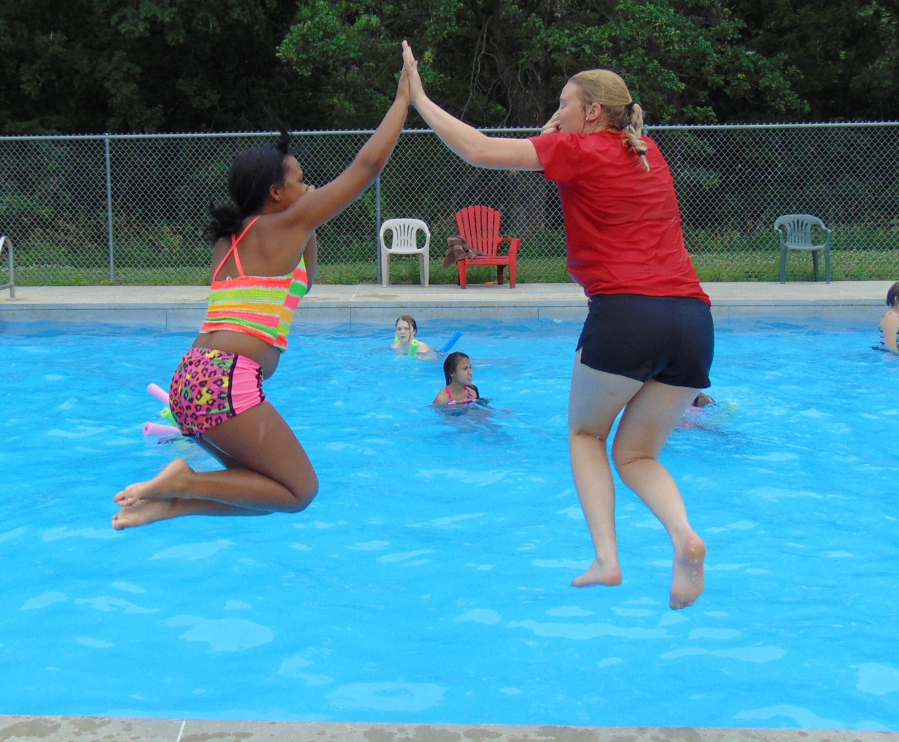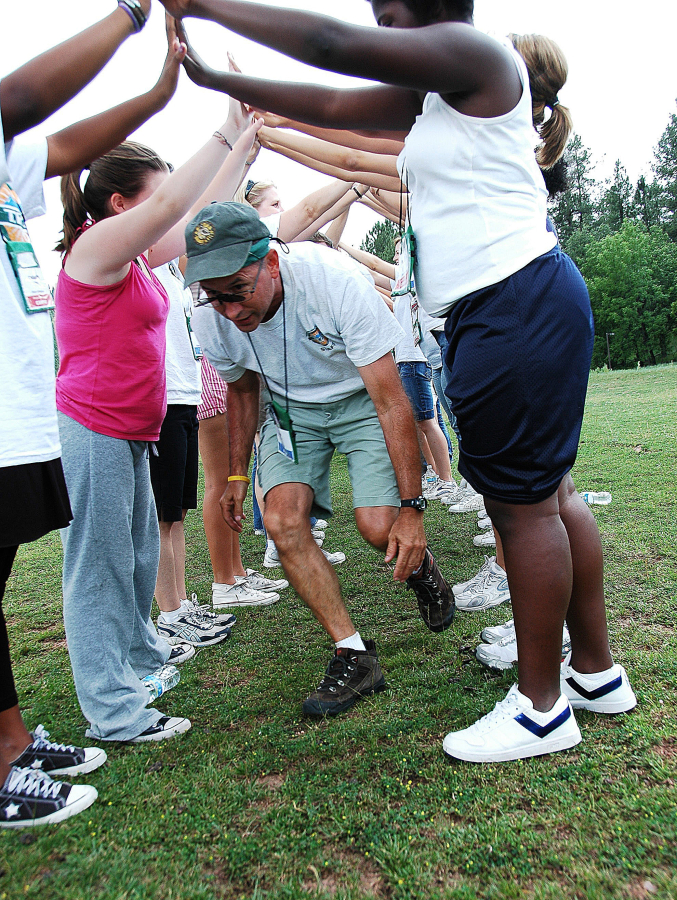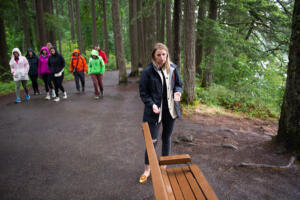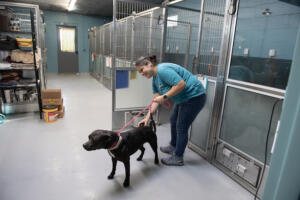Portland pianist Michael Allen Harrison will perform at a concert to benefit the newly formed Camas Teen Reach Adventure Camp (TRAC), an outdoor camp for foster children between the ages 12 to 15.
Cindi Lund, the director of the faith-based camp, which has nonprofit status under the umbrella of the Camas-based Harvest Community Church, said Harrison’s name is a big draw.
“People at my church (said), ‘Oh my gosh, you got Michael Allen Harrison?'” Lund said, adding that one woman bought 10 tickets because she realized the camp’s $10 asking price was a great price and she would likely bring several friends.
“You’d probably pay $40 minimum to see him over at the Arlene Schnitzer Concert Hall,” Lund said of Harrison, a renowned pianist and composer who founded his own nonprofit to help at-risk youth learn about music and instruments. “We’re asking $10. Some people are donating above and beyond that.”
Harrison will play from 7 to 9 p.m., Thursday, June 20, at the Northwest Gospel Church, 305 N.E. 192nd Ave., Vancouver. All proceeds benefit the Camas chapter of TRAC, a national organization. Tickets cost $10 each and are available online at ticketsource.us/trac-camas.






